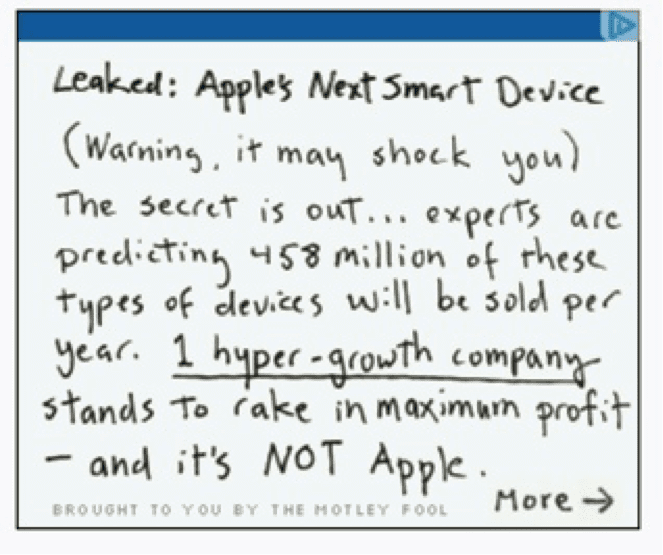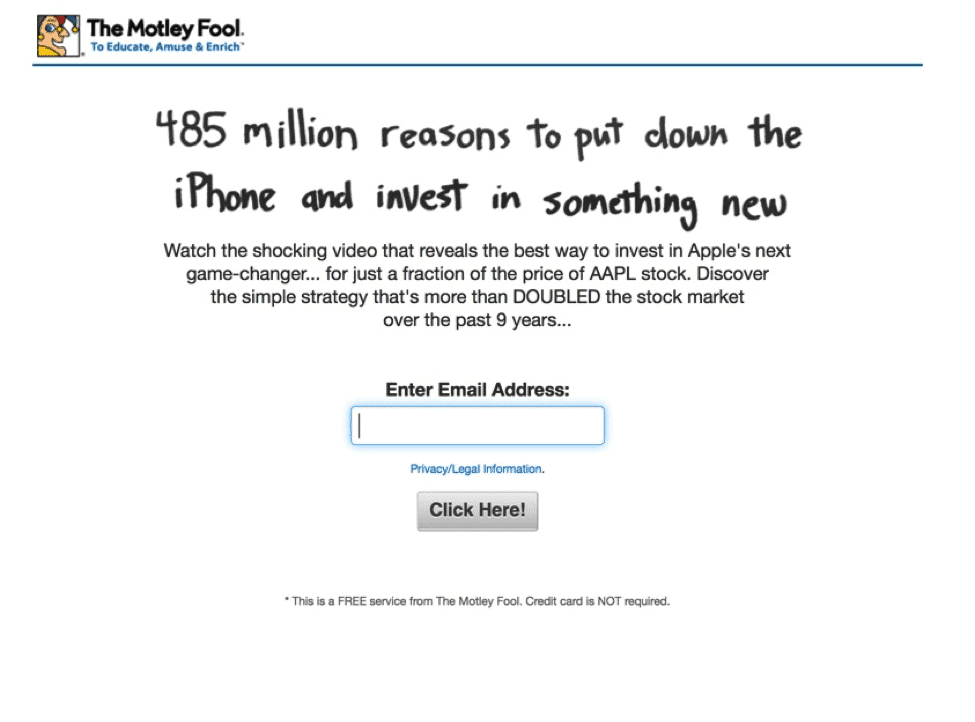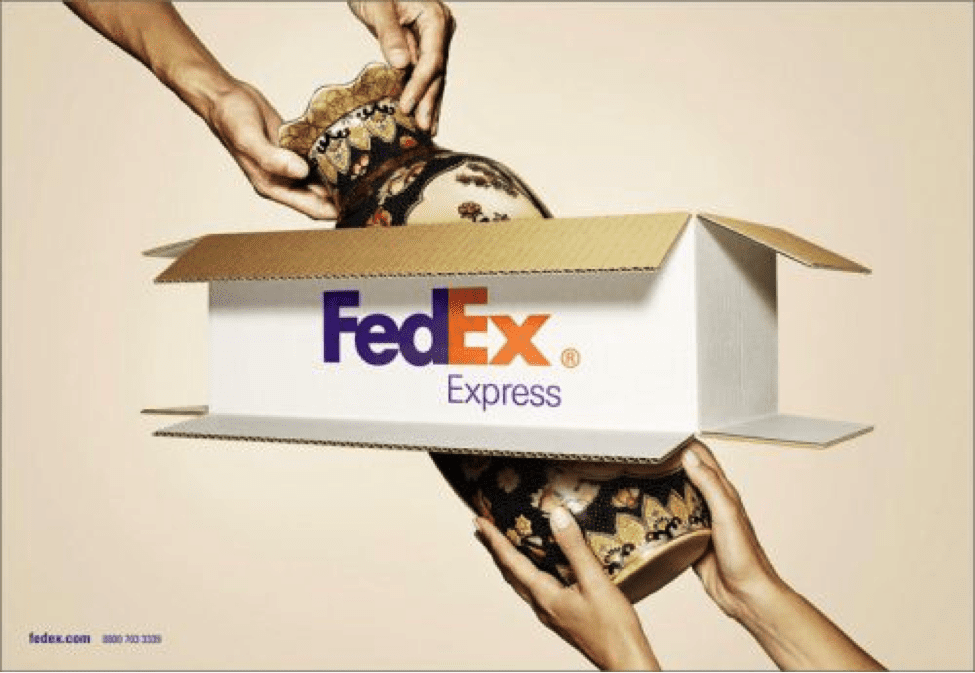Digging back into the archives of the Predictable Profits Insiders’ Club newsletter, we’ve got another timeless piece of insight about relevancy to share. The examples here date back to 2015, but the message remains the same, and the tips are as powerful as ever.
Let’s get right to it!
As much as I’ve been accused of being “creative” – I embarrassingly admit that I’m undeserving of such an admirable quality…
Yet, even without a keen ability to create, I’ve still managed to generate millions in sales through my marketing… Which, of course, raises the question: “How did I do it?”
It’s called, “standing on the shoulders of giants.”
As a marketer, I’m like a bloodhound sniffing out various success stories and strategies from entrepreneurs and companies who’ve enjoyed tremendous successes.
…And I’m not talking about companies who made a few thousand here and there. I’m interested in those who have cracked the code for making 10s and 100s of millions of dollars.
If you’ve read The Predictable Profits Playbook, you know it’s chock-full of case studies, strategies, and examples of companies who have shattered the glass ceiling, becoming dominant players in their respective markets.
So, when it comes to lead generation and advertising, I’ve noticed a continuing trend of referencing what’s going on in the news – tapping into existing conversation – using relevancy to arouse a deep sense of curiosity.
Let me show you…
When the Apple iPhone was making a splash in the news, here’s how financial education powerhouse, Motley Fool, capitalized on this topic.
Step 1: The Advertisement
Step 2: The Landing Page
This is where they capture your email address before they take you directly to Step 3: The Sales Page.
And before we move on, let me ask you: why are they capturing your email address before you go to the sales page, instead of taking you directly to there?
Because Motley Fool knows that a good lead-to-sales conversion rate sits around 2%-3%. That means that 97%-98% of everyone who sees the sales page will not buy this offer.
Does that mean the 97% of people will never buy from the Motley Fool?
Absolutely not. These people just weren’t ready to buy now, or were uninterested in this particular offer. For the people that didn’t buy, the Fool would continue to promote other products AND find additional ways to monetize the leads.
This a core marketing strategy most small business owners don’t consider, and yet, can instantly grow your profits by 35% or more.
In fact, I created a marketing campaign for a client that generated over 20,000 new leads for the client, but only 400 people were buyers. Granted, this resulted in over $800,000 worth of sales of the front end product…
But at best guess, due to lead maximization strategies, the leads who didn’t buy turned over 2x – 3x more profits over the course of the next 18 months through a combination of additional in-house offers and joint venture commissions.
Step 3: The Sales Page
The sales page above continued to use relevancy and focus on an interesting story, resulting in people watching the presentation without realizing they were being sold to. Very strategic…
Here are a few other examples of the Motley Fool you might find interesting:
Those read a little differently than your traditional brand-based advertisements like these:
Or this…
And while companies like FedEx and Nokia spend MILLIONS to saturate the market with ads like these… Which ad is more compelling for you to click on – The Motley Fool’s or these brand-based ads?
The Motley Fool sequence captures interest and inspires action through relevancy, making it a double-win.
So, while you might not be in the financial education business, buyer psychology is very similar across all industries and markets.
Steering away from your industry to pull fresh ideas from other places gives you another opportunity to be unique and take a strategic stronghold above your competitors.








